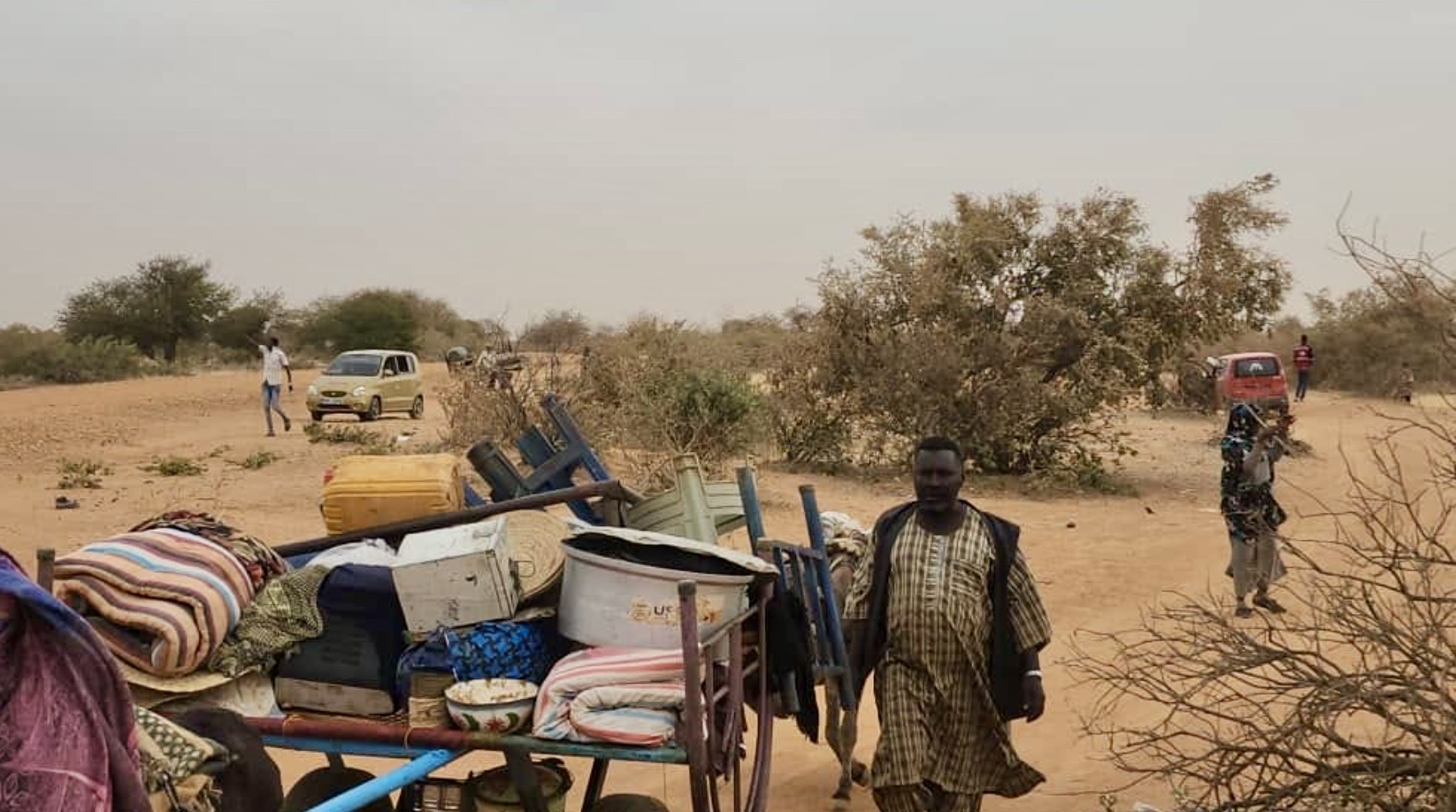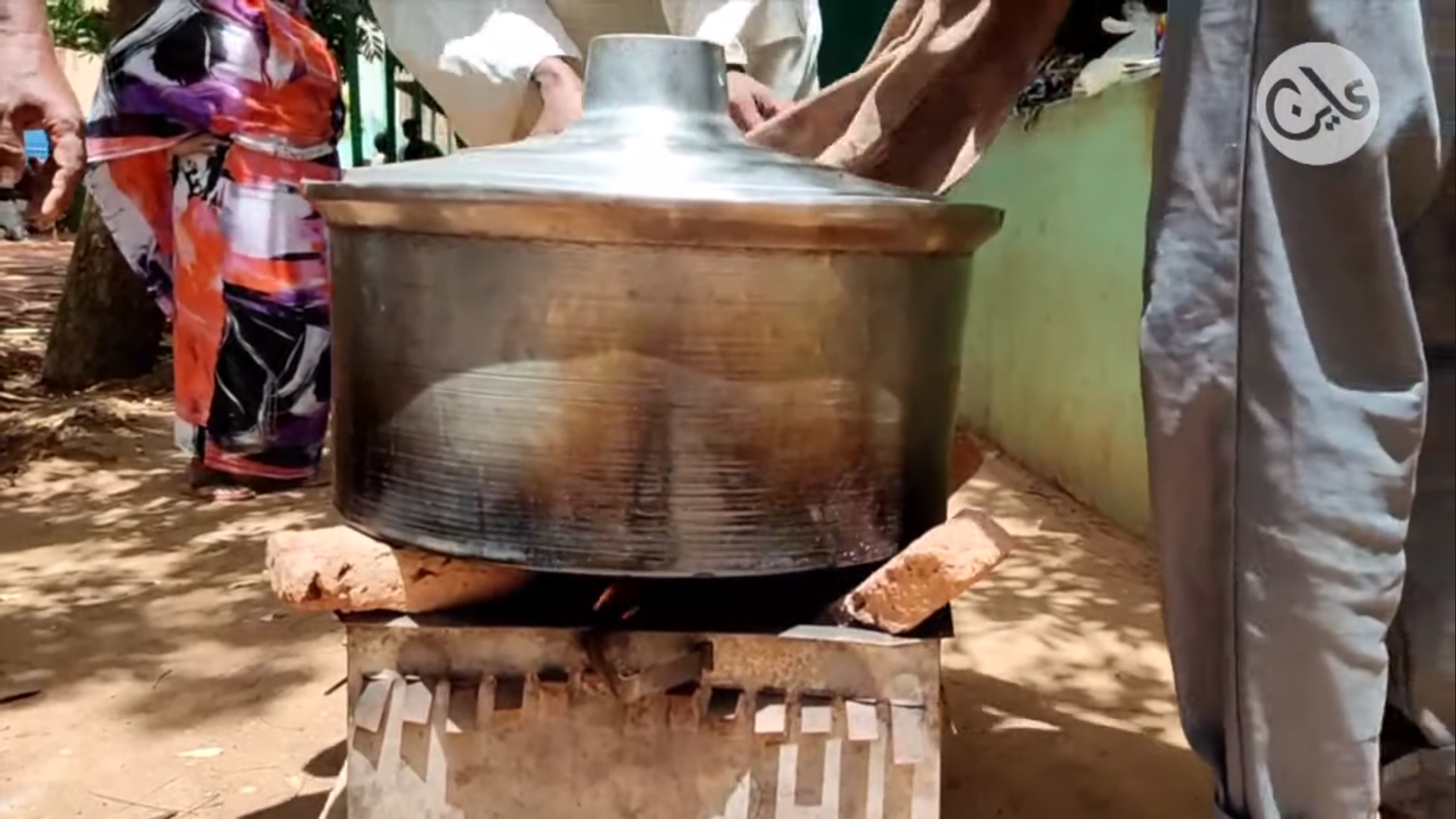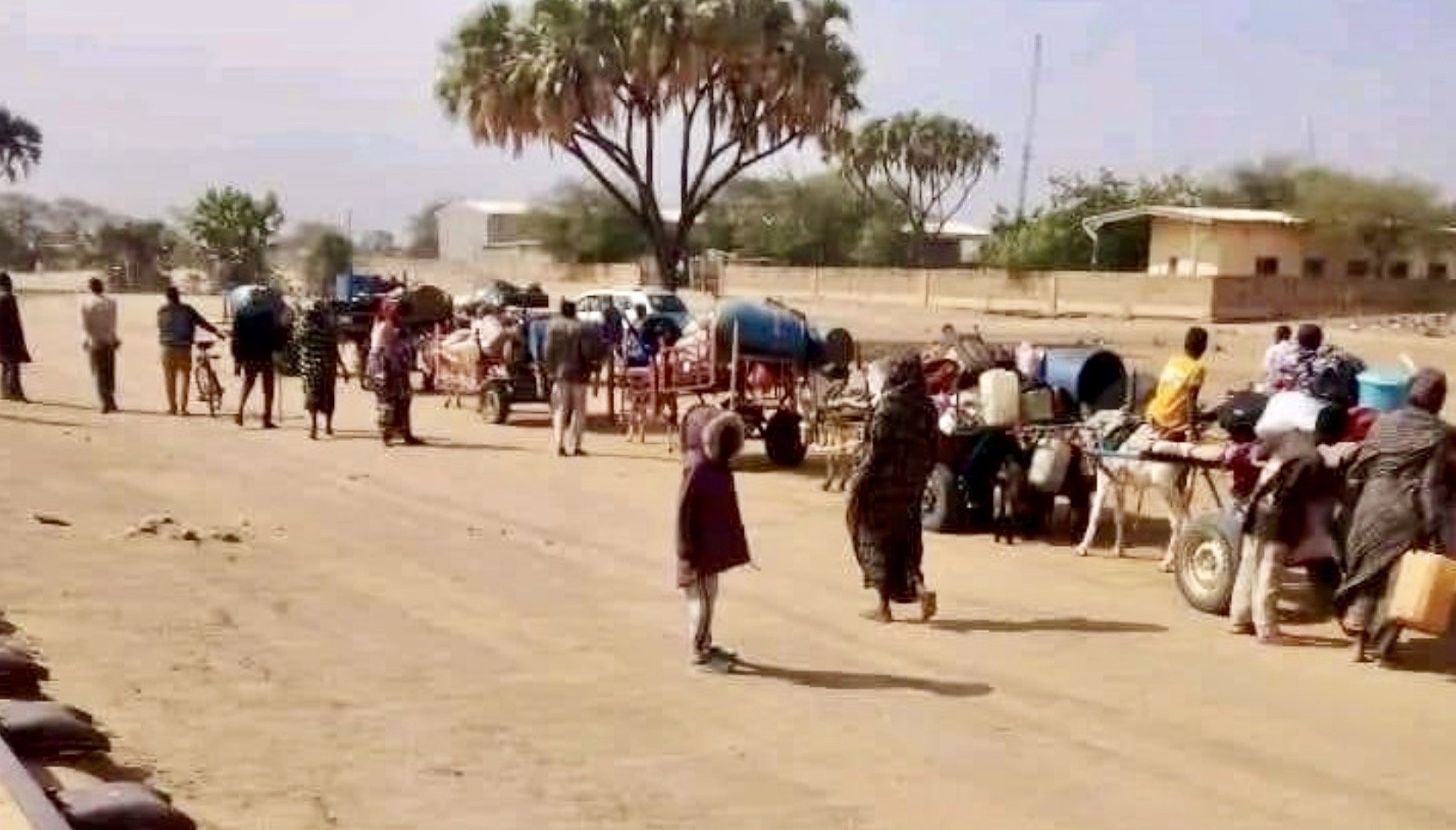Displaced in Babanusa face hunger as Rapid Support Forces expand offensive in West Kordofan
June 15, 2024
More than 64 thousand people who were displaced due to the ongoing fighting between the army and the Rapid Support Forces in the city of Babanusa, West Kordofan State, face the spectre of hunger. Voluntary soup kitchens for the conflict-displaced say they are unable to provide meals due to a lack of funds.
At the same time, the Rapid Support Forces (RSF) continue to expand the scope of war in West Kordofan State, including areas that do not have the military presence of the army and its supporters, according to local sources based in the area.
On 14 June, the RSF attacked the Abu Qalb area, located northeast of Abu Zabd locality, and killed six of the town’s youth by shooting directly at them because they refused to hand over their property, according to local residents. The attackers also looted cars, rickshaws, satellite Internet devices, and “tuktuk” transport vehicles and forced
RSF also attacked the Taiba area, west of the Abu Zubad locality in West Kordofan State, killing at least four citizens and burning the main market in the town and a number of residential neighbourhoods, local residents said. The same sources added that these are attacks in areas with no military presence and are purely motivated to loot the local population.
Fighting has been continuing in the strategic city of Babanusa since last January, as the RSF seek to control it while the army is desperate to defend it. The city’s residents were forced to leave en masse, and they have been residing all this time under poor humanitarian conditions, with many of them sheltering in the shade of trees. Their livelihood depends on the efforts of the volunteers in the Babanusa emergency rooms.

Babanusa emergency room
But on 8 June, the Babanusa Emergency Room announced that it was forced to stop the work of “Al-Takal”, a soup kitchen, due to the depletion of the budget. According to Mahad Jama, a member of the Babanusa Emergency Room, “The Norwegian Refugee Council supported the work of the kitchen for the displaced people of Babanusa, but the financial grant has expired, and we are unable to continue the work of Al-Takal.”
The lack of drinking water is equally, if not more, challenging than the dearth of water, local residents told Ayin. “There are no water sources, people are forced to travel a distance of 3–4 hours per day to fetch drinking water,” Jama said. “Children under five years old find it difficult to obtain milk due to the lack of food and poor psychological conditions of breastfeeding mothers. Buying tinned milk is expensive; -one container costs 20,000 Sudanese Pounds and only lasts a week,” he added.
Last March, the Babanusa Emergency Room revealed the deaths of more than 60 newborn babies under the age of five among the displaced people of the city of Babanusa. The most likely causes of these deaths were colds, fevers, and a malaria epidemic with suspected links to malnutrition.

The army and the Rapid Support Forces share control over the Kordofan region, with the army holding the cities of Al-Fula, Al-Nahud, and Babanusa in West Kordofan and Al-Obeid in North Kordofan State, along with Kadugli and Dilling in South Kordofan State. While the RSF controls the southern and western parts of West Kordofan state, such as Al-Muglad, Ghabish, and Abu Zabid, along with Habila and Al-Dababat in South Kordofan State, and part of North Kordofan State.


